Keywords: Hey Hey It's Saturday
-
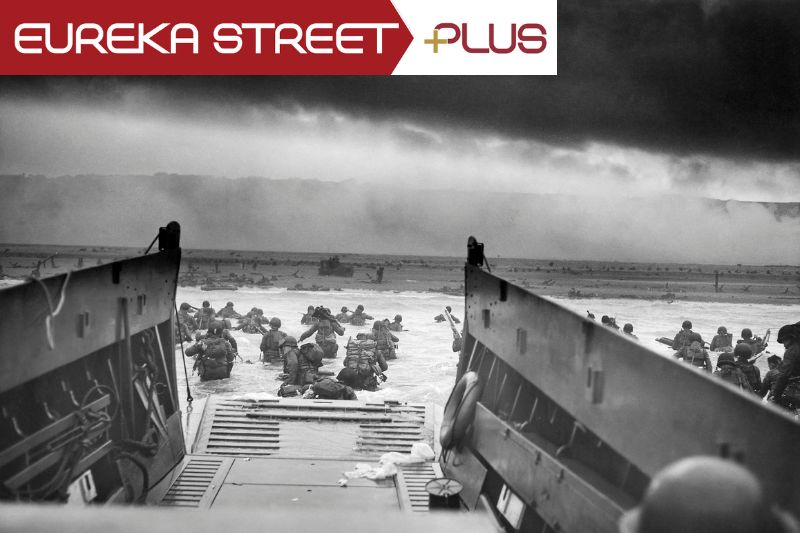
INTERNATIONAL
- Geraldine Doogue
- 18 June 2024
1 Comment
I wonder how many Australians were captivated, as was I, by the 80th anniversary D-Day celebrations? They seemed epochal to me: a reminder of something remarkable and a pointer to something possible, namely new resolve to maintain peace in Europe. Not too many Australians, as it turned out, were similarly mesmerised.
READ MORE 
-
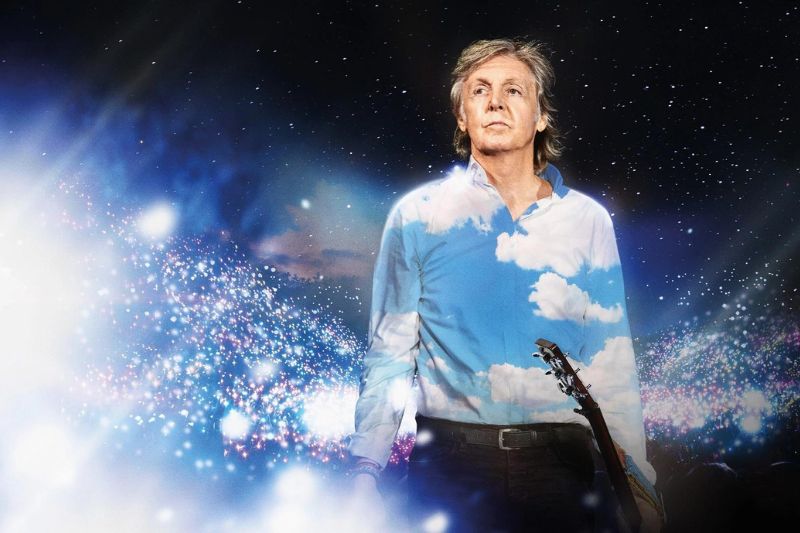
ARTS AND CULTURE
- David Rowland
- 25 October 2023
1 Comment
Paul McCartney's concerts evoke a communal magic, lighting up arenas with shared cultural memory spanning generations. Seeing the legendary musician perform in concert, retaining a youthful vigour, the experience can feel like a poignant rendezvous across time.
READ MORE
-

ARTS AND CULTURE
We Helveticas are everywhere / down subways across shopping centres / hey heyyying on dating apps / s(t)olid pillars / tempting you into our cult / be like us we can give you / unencumbered lines / soft smooth curves / respectability & ineffability
READ MORE 
-

ARTS AND CULTURE
- Emma Wilkins
- 27 September 2022
2 Comments
There's an assumption that writers shouldn’t be writing about groups they don't belong to, as if this couldn’t be done with honesty and insight, respect and restraint. Difficult, yes, but impossible? Whether in fiction or non-fiction, outsiders might misunderstand and misrepresent the people they depict, but sometimes, insiders will too. Sometimes, outsiders will lack insight, but sometimes, when they’re curious, attentive, when they do not overreach, they’ll capture truth.
READ MORE 
-
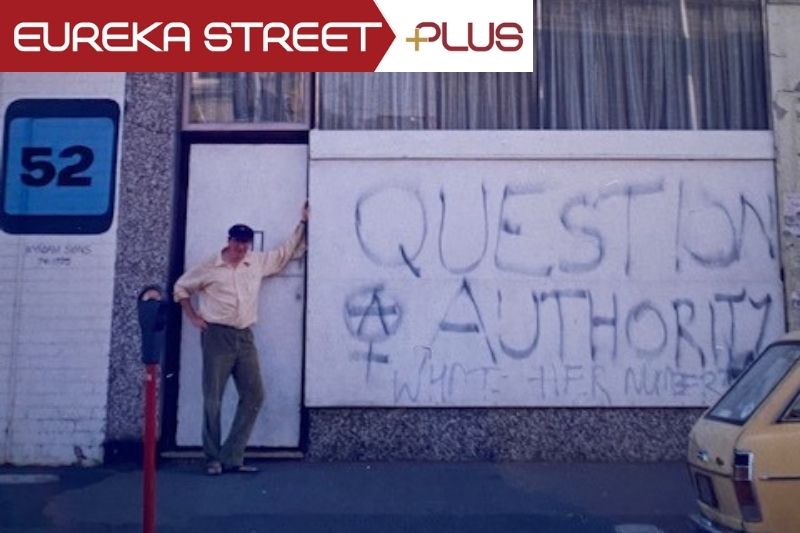
FAITH DOING JUSTICE
- Michael McGirr
- 09 September 2022
5 Comments
The Way had been a community of homeless people, built around difficult but wonderful characters. It taught me more than I can easily say. It was a world where things were not always as they seemed and people did not fit into little boxes. We had many challenging days and relationships with our guys were seldom easy, but there was an energy that found light in unexpected places.
READ MORE 
-
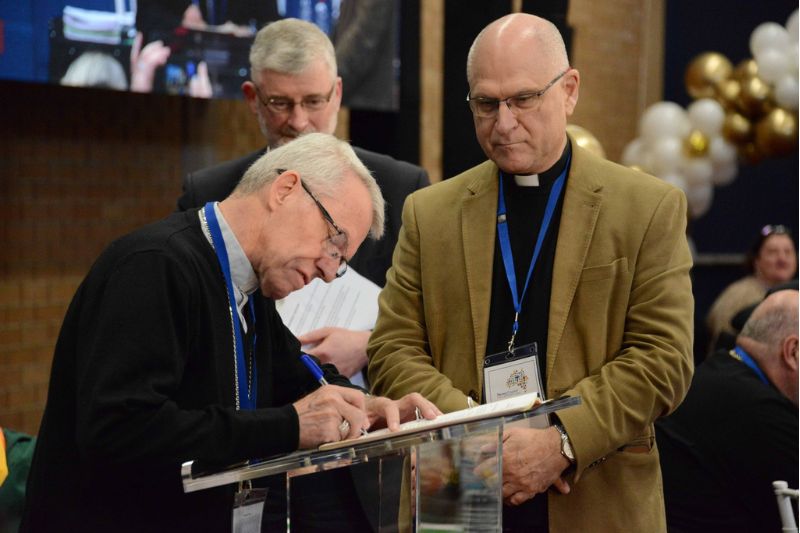
RELIGION
- Geraldine Doogue
- 27 July 2022
7 Comments
What did the Plenary mean exactly, and what is next for the church? Secretary to the Council, Fr David Ranson, offers a rich and bracingly realistic set of observations about the Plenary Council. As secretary, Fr David was deeply absorbed in the lead-up, in the events of the week itself and now in assessing what comes next. He might surprise you with his judgements. They're delivered by a man with an acute sense of Church procedures but also with an eye to possibilities.
READ MORE 
-

ARTS AND CULTURE
- Sue Stevenson
- 31 July 2019
6 Comments
A motley crue of people standing as one is very romantic in such a divide-and-conquer age. That they are standing up to Macron, ex-investment banker and now President, and the austerity tactics of a failing economic system is cause for celebration if you happen to love the idea of a fair society and people fighting for its return.
READ MORE 
-
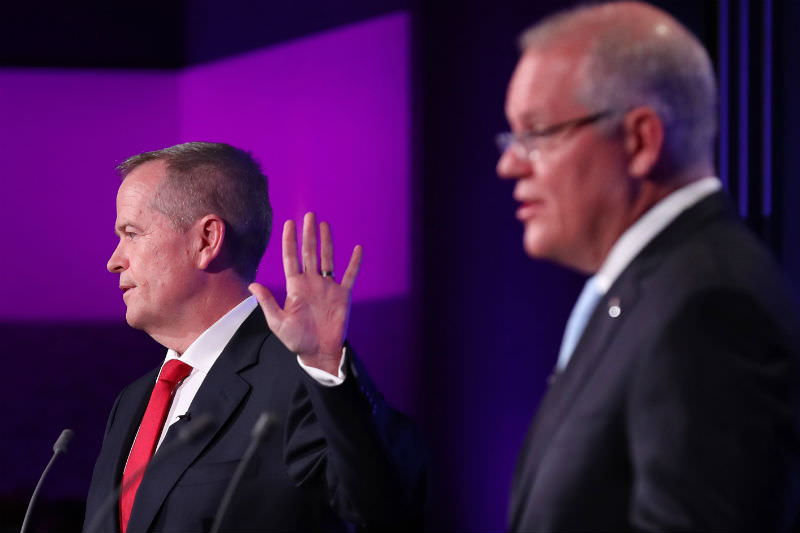
AUSTRALIA
In 2016, when some of my friends told me they weren't going to vote, I was aghast. I was so keen to get voting that the night before the election, I made a Word document to practise the order of my preferences. Fast forward to last week, when I couldn't remember which Saturday the election was on and feared I had accidentally missed it.
READ MORE 
-
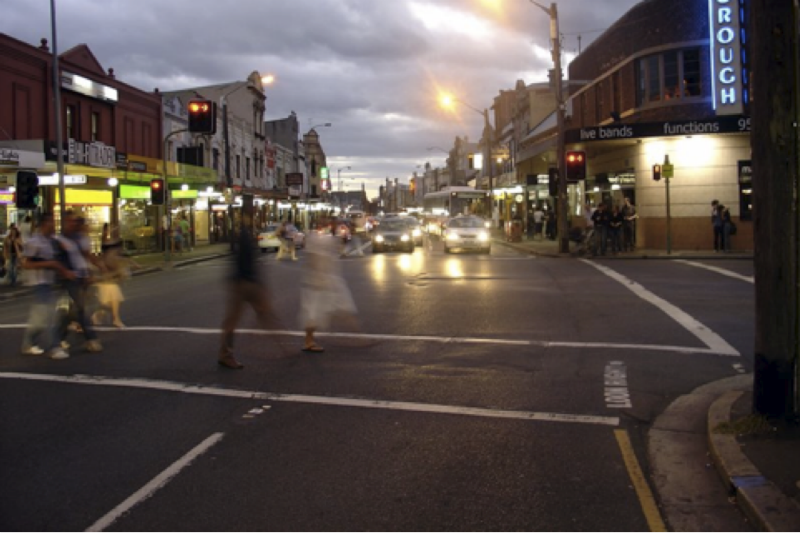
ARTS AND CULTURE
- Na'ama Carlin
- 13 November 2018
12 Comments
It is difficult for us to consider the experiences of others; our worlds a bubble reflecting our movements, our desires. One Saturday, I entered the world of another. Here, I invite you to do the same.
READ MORE 
-
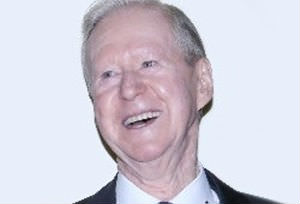
RELIGION
- Frank Brennan
- 25 September 2018
3 Comments
'A year on, Paul would be well pleased. On seeing this full church, he would think, "I can still draw a crowd." On seeing the sanctuary, he would think, "They need one Jesuit and two diocesan priests to replace me."' Homily on the first anniversary of the death of Fr Paul Coleman SJ.
READ MORE
-
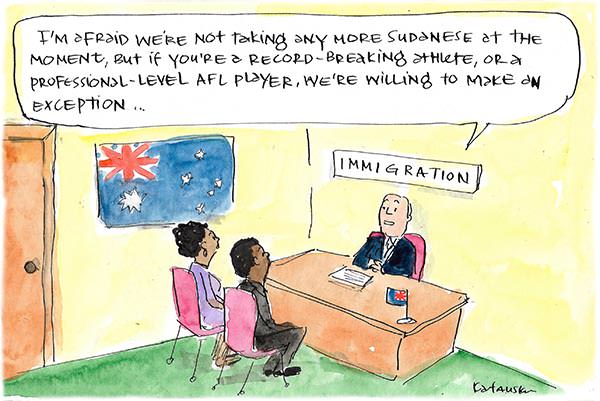
AUSTRALIA
- Rachel Woodlock
- 24 July 2018
18 Comments
Either they are flat-out wrong, unable to read crime reports or understand what the police and other agencies are telling them (which leaves in question their ability to accurately and intelligently govern), or some apparatchik in the strategy back-rooms has decided it is a good way to garner votes with a 'tough-on-crime' campaign.
READ MORE 
-

AUSTRALIA
- Frank Brennan
- 31 May 2017
6 Comments
Indigenous leaders this last week have called for the creation of two new legal entities. They want a First Nations Voice enshrined in the Constitution, and a Makarrata Commission set up by legislation. The Makarrata Commission would supervise agreement making between governments and First Nations and engage in truth telling about history. The envisaged destination is a national Makarrata (or treaty). So the immediate constitutional issue is the creation of the First Nations Voice. There is no point in proceeding with a referendum on a question which fails to win the approval of Indigenous Australia. Neither is there any point in proceeding with a referendum which is unlikely to win the approval of the voting public.
READ MORE